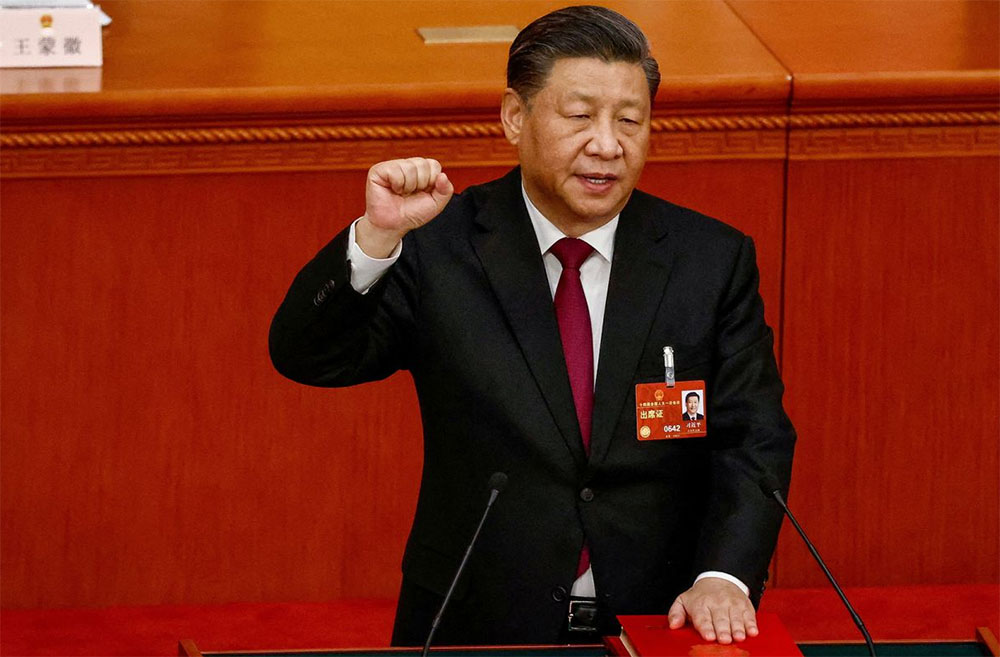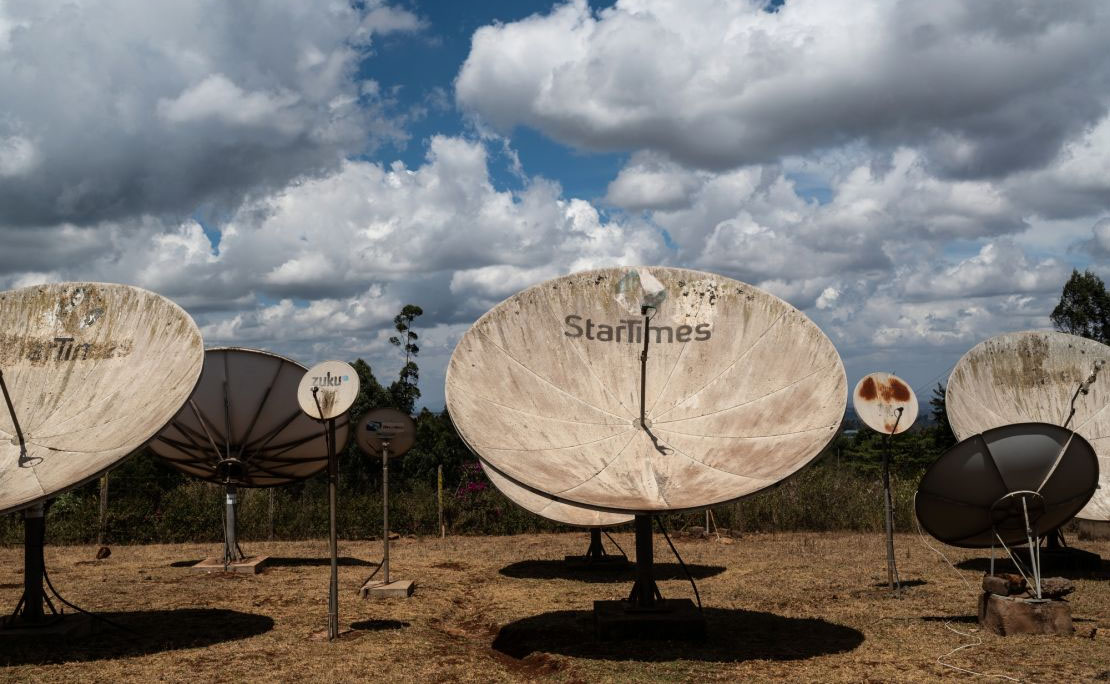SRI LANKA'S PARLIAMENT DISSOLVED BY NEW PRESIDENT

Photo Credit: Getty Images
Sri Lanka's parliament has been dissolved by their newly elected president, Mr Anura Kumara Dissanayake. He dissolved the 225-member parliament in which his left-leaning National People's Power (NPP) alliance had just three seats. He dissolved to make way for a snap general election.























